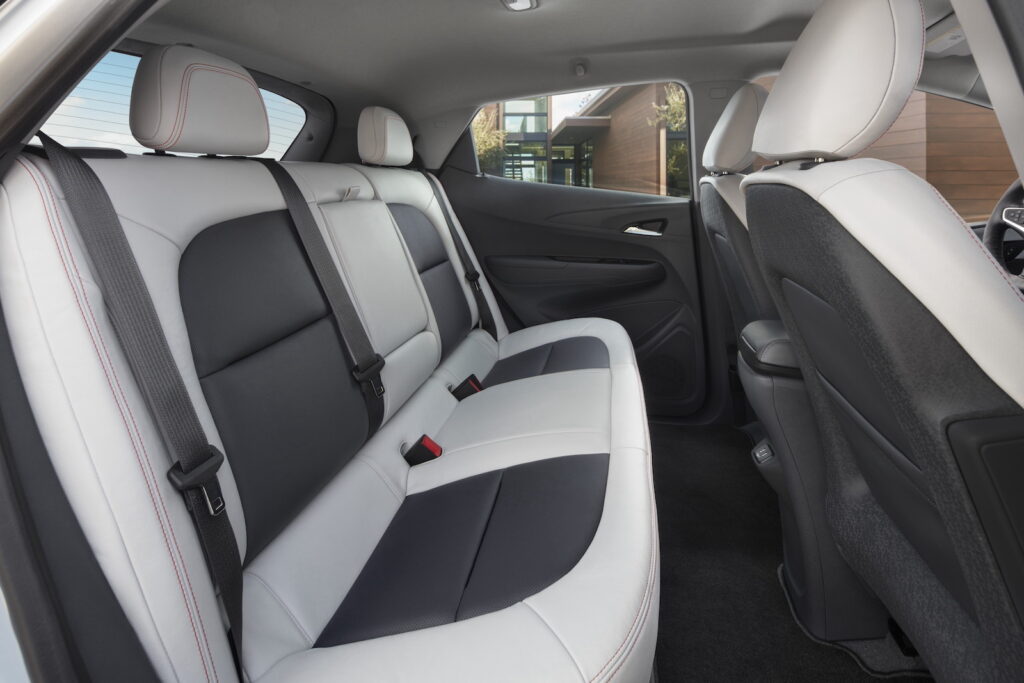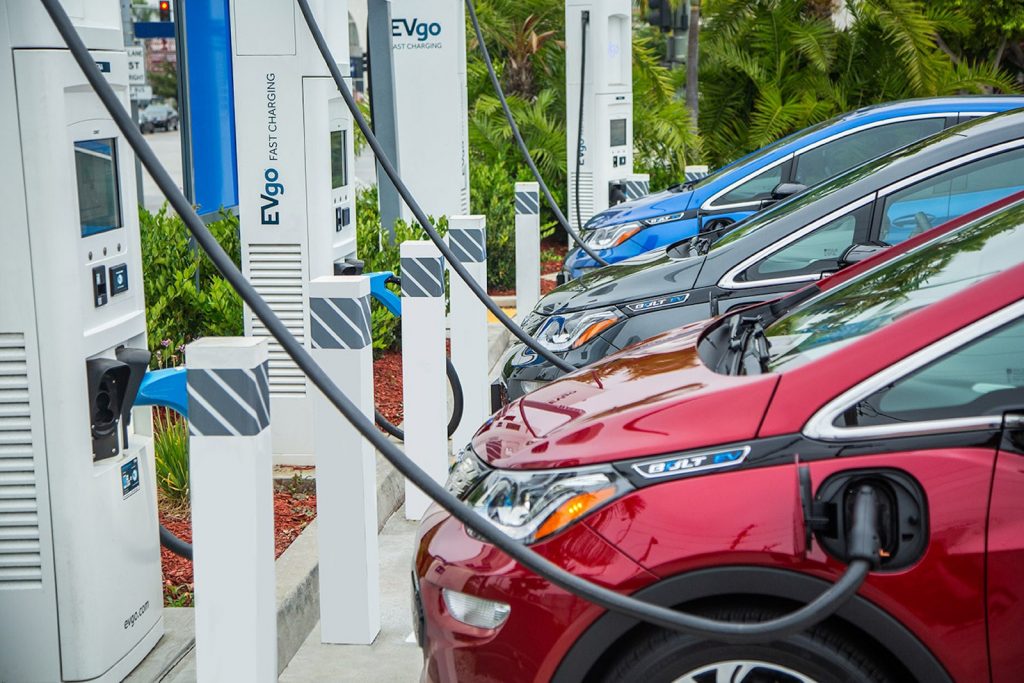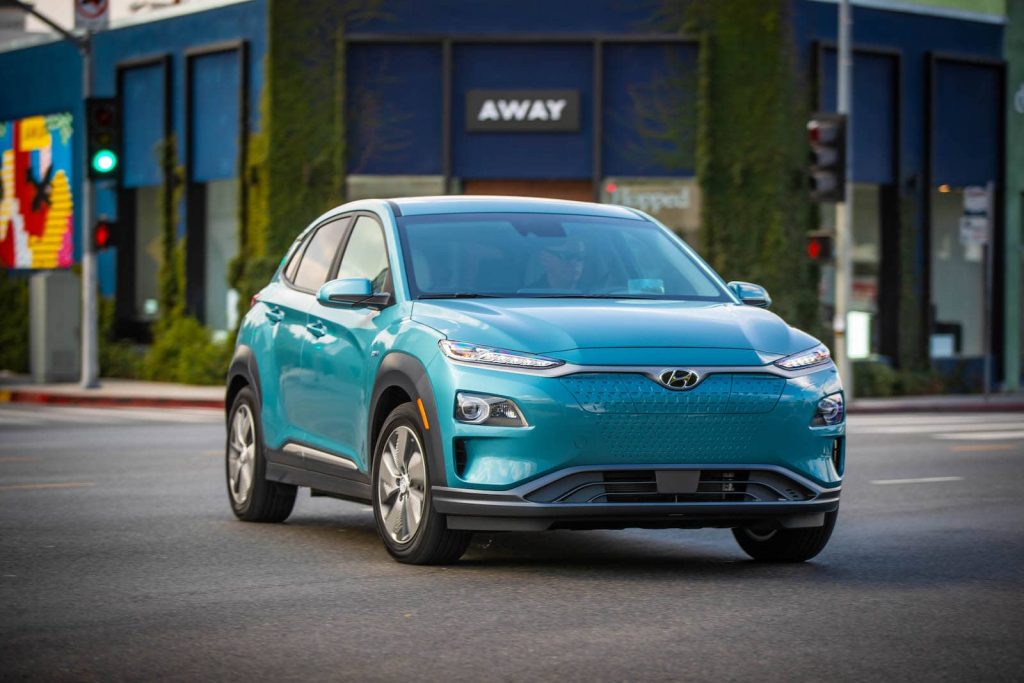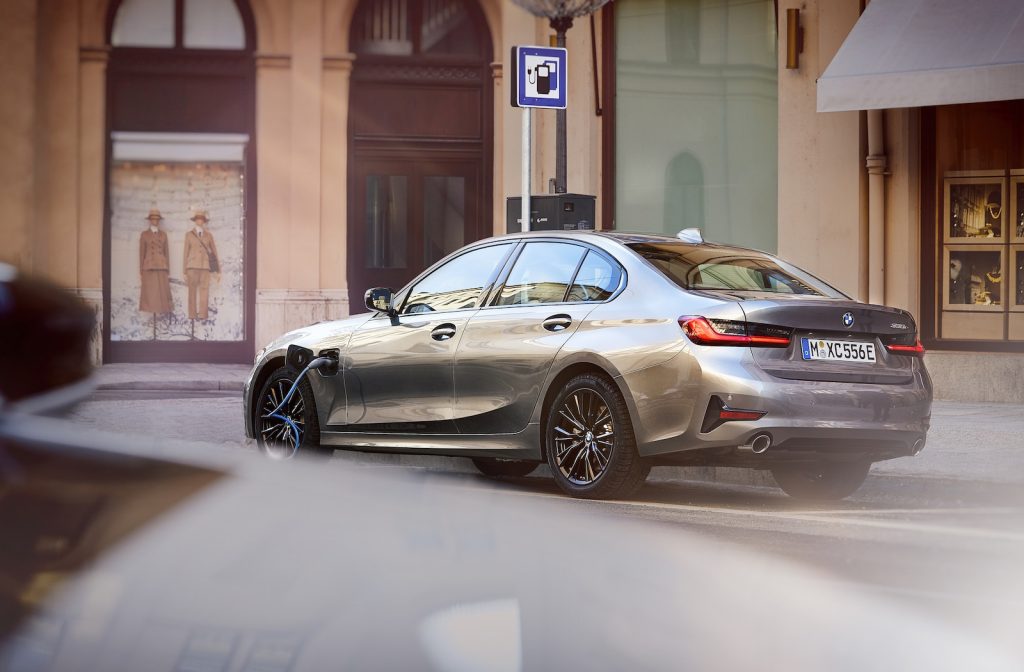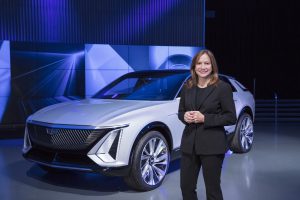General Motors’ problems with the Chevrolet Bolt EV keep expanding, the company announcing late Friday it’s including an additional 73,000 vehicles in the recall.
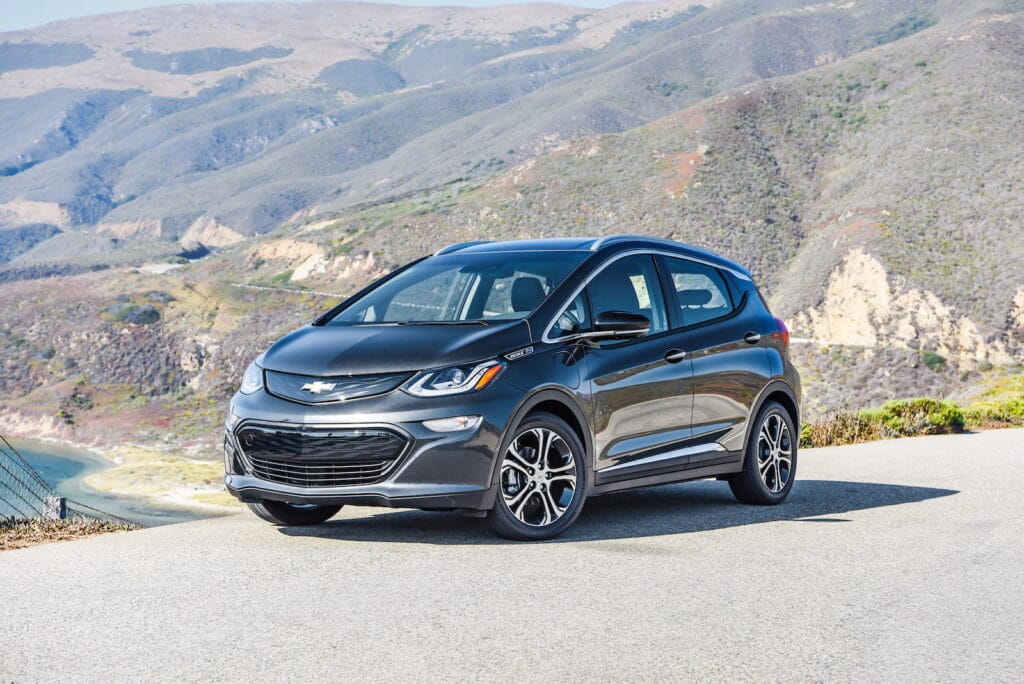
The new models include the 2019 cars not included in the first action as well as all of the 2020-2022 EVs. A defect in the battery can cause the vehicles to catch fire. The company already recalled more than 69,000 2017-2019 models for the problem — at a cost of about $800 million to replace the batteries.
Now, the additional 70K-plus electric vehicles basically account for all of the Bolts produced. The company said add $1 billion to the earlier total, bringing the overall cost to fix the problem to just about $1.8 billion.
“In rare circumstances, the batteries supplied to GM for these vehicles may have two manufacturing defects — a torn anode tab and folded separator — present in the same battery cell, which increases the risk of fire,” the company said in a statement released Friday.
“Out of an abundance of caution, GM will replace defective battery modules in Chevrolet Bolt EVs and EUVs with new modules, with an expected additional cost of approximately $1 billion.”
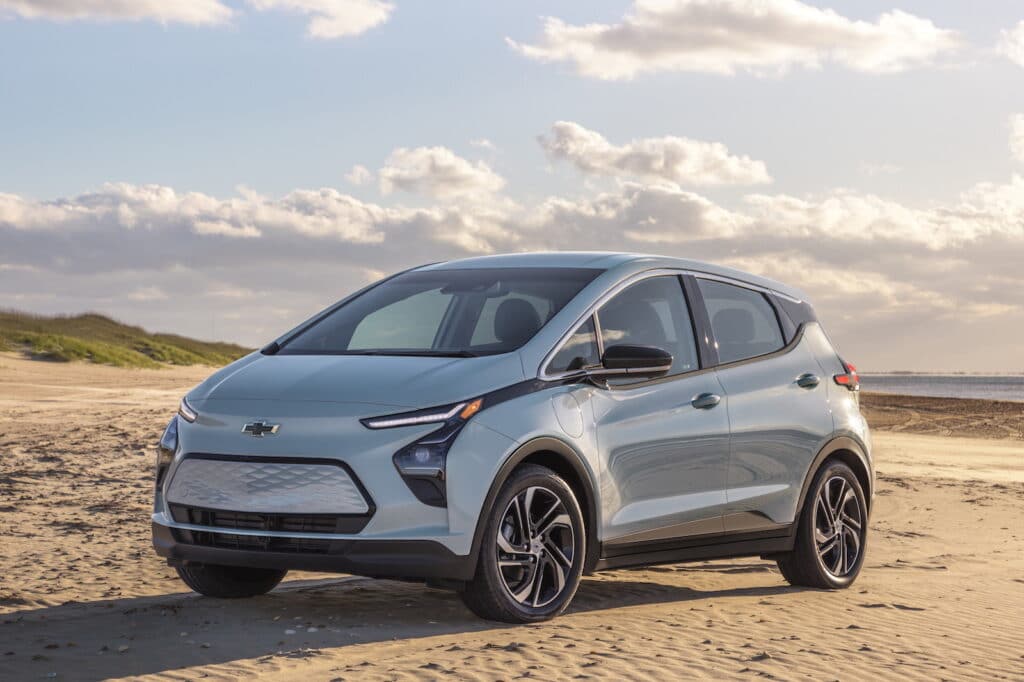
Trying to resolve the problem
The company attempted to resolve the issue with the initial recall, believing a software tweak could settle it. However, two more vehicles caught fire — one after getting the update — forcing GM to issue a recall again to replace the batteries in the initial pool of affected vehicles.
As owners waited, it asked them to park their vehicles away from outside of their garages or other buildings after charging. It also recommended the vehicles not be charged past 90% capacity — all to no avail.
Apparently, after further investigation, the company discovered the issue affected newer models outside of the original pool of 2017-2019 model-year vehicles.
GM confirmed to CNBC there has been one fire in the new population of recalled vehicles. Including the previous confirmed fires from in the first round of recalled vehicles, a total of 10 of the EVs have caught fire.
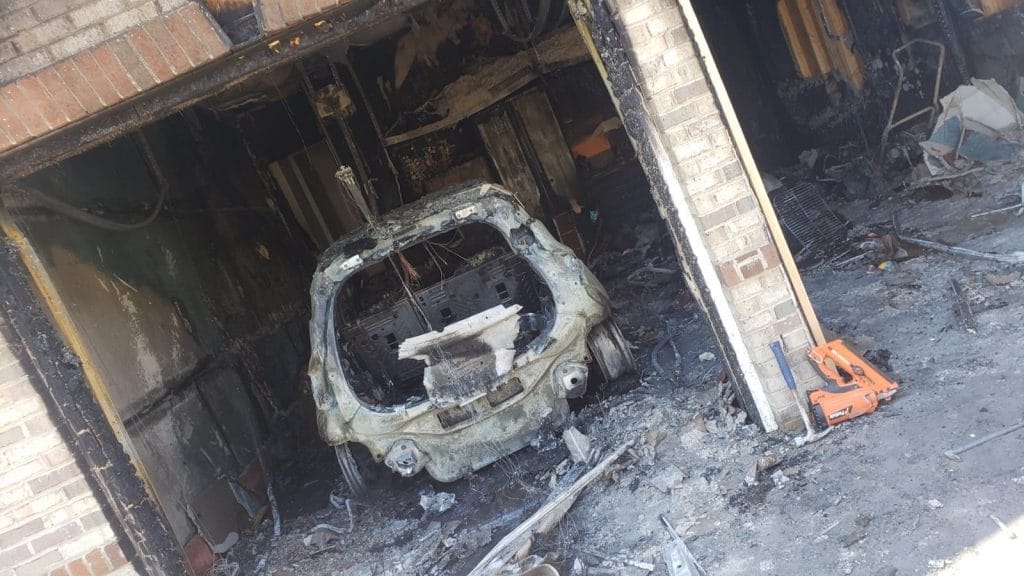
The company continues to ask affected Bolt EV owners to set their vehicles to a 90% state of charge limitation using Hilltop Reserve mode (for 2017-2018 model years) or Target Charge Level (for 2019 model year) mode.
Earlier plan fails to solve the problem
GM said earlier the high-voltage batteries being recalled were produced in South Korean battery manufacturer LG Chem’s facility in Ochang, South Korea.
The company disclosed July 23, along with LG Chem, it identified the presence of two manufacturing defects in the same battery cell as the root cause of battery fires in certain Bolt EVs. GM described the defects as “rare” by GM.
LG Energy Solutions, a wholly owned LG Chem battery subsidiary, said in a statement to Reuters it “will actively cooperate to ensure that the recall measures are carried out smoothly.”
Last month, GM disclosed it was taking an $800 million charge to cover the cost of the recall of the battery electric vehicles.
